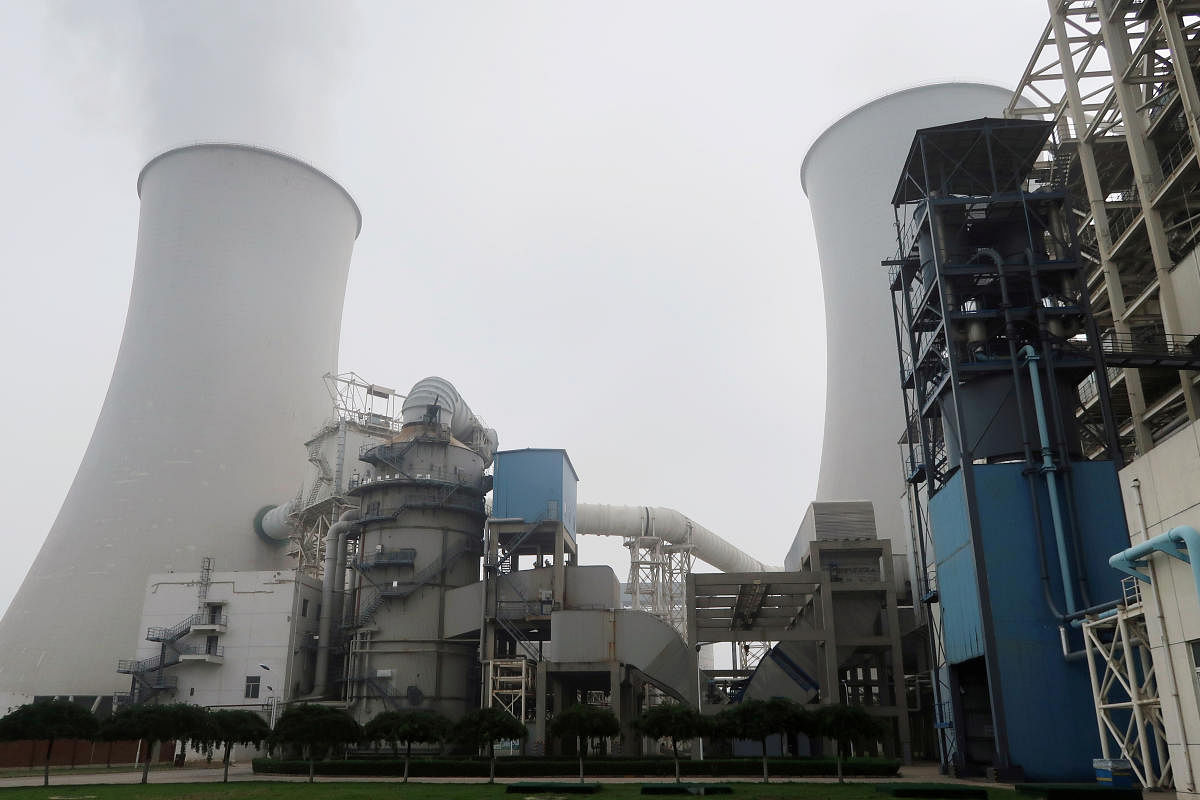
China's burgeoning internet data sector will increase its power consumption by two-thirds by 2023, putting further pressure on the country's plans to curb smog and carbon emissions, according to a study published on Sept.9.
China, the world's biggest energy consumer and producer of climate-warming greenhouse gas, is in the middle of a programme aimed at upgrading its economy, easing its dependence on old polluting sectors like steel, and cleaning up its mostly coal-fired energy system.
Big data is set to play an increasing role in supplying cleaner electricity, especially in the creation of decentralised "smart grid" systems, but it is also becoming one of the biggest consumers of power in China and elsewhere.
According to the study by environmental group Greenpeace and the North China Electric Power University, soaring power consumption from internet data centres is expected to result in higher carbon dioxide (CO2) emissions from the country's coal-fired power plants.
The sector was responsible for around 99 million tonnes of CO2 last year, and extra efforts need to be made to encourage firms to source power from renewable sources to prevent that figure from spiralling higher, the study said.
"Power market reforms and rapid growth in wind and solar power have created unprecedented opportunities for China's internet giants to procure clean energy," said Greenpeace East Asia climate and energy campaigner Ye Ruiqi.
Power consumption from data centres reached 161 terawatt-hours (TWh) last year, 2.35% of China's total, and it is set to rise to 267 TWh in the next five years, more than Australia's total consumption from all sources in 2018, the study forecast.
The study said China was home to 2.7 million server racks, with the sector expanding at a rate of around 30% a year. The sector's CO2 emissions could reach 163 million tonnes by the end of 2023, but that could be cut by 16 million tonnes if its renewable intake is increased from 23% to 30%.
"Twenty years from now, it is possible that data centres and big data will account for a third of power consumption, three times as much as electric vehicles," said Emmanuel Lagarrigue, Chief Innovation Officer of Schneider Electric, which works with big internet and technology companies in the United States and China.
"It is going to consume a lot of electricity but that doesn't mean it will be less sustainable - many of the players are thinking about how to innovate," he said.